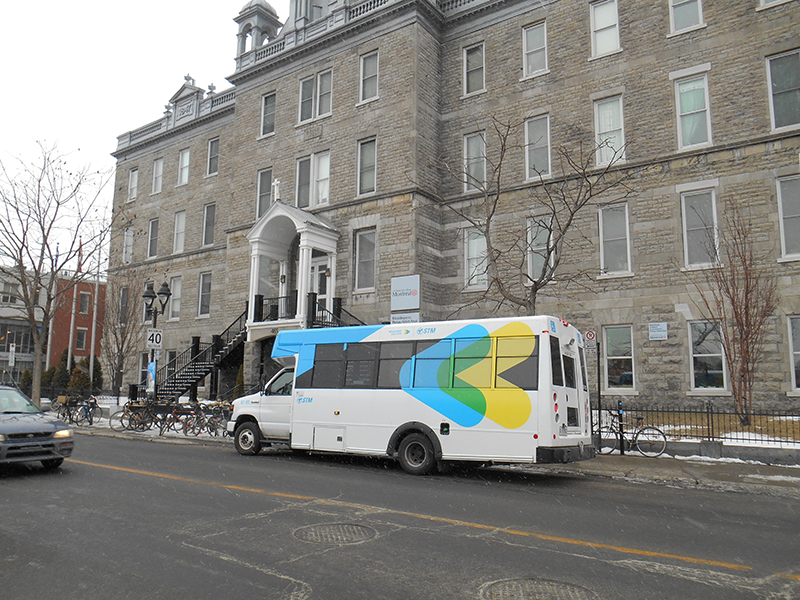A 92-year-old Holocaust survivor is still recovering more than two months after an intellectually disabled man attacked her while they were using Montreal’s public transit service for the elderly and the disabled.
On Nov. 11, the driver of a taxi that was contracted by the city seated Hanka Fogelman in the back seat of the vehicle next to a young man. Fogelman told the CBC that the driver warned her after she was seated that the man could be aggressive and she should not talk to him. Another woman was seated in the front, beside the driver.
Within minutes, and without a word exchanged between them, the man started hitting Fogelman, breaking her nose and leaving cuts on her face, according to the driver’s testimony in a Société de transport de Montréal (STM) report on the incident that was made public by Fogelman’s daughter, Debbie Rona.
Fogelman, who is mentally competent, spent a month in a rehabilitation centre after leaving hospital. She told CBC this month that she still is not fully back to where she was before the beating.
READ: MAN ACCUSED OF THREATENING JEWS MUST STAY AWAY FROM SYNAGOGUES, SCHOOLS
“I’m thinking, ‘Why did it happen?’ You know, it shouldn’t have happened,” she said.
Montreal police said that because of his intellectual disability, the man would not be charged.
Rona, who lives in Kelowna, B.C., has tried to get answers as to why a vulnerable elderly person could have been put beside someone who it was known could turn violent.
“What is it going to take – does someone have to die before the system changes? What checks are made on people with mental challenges? The drivers receive only minimal training.… All the STM seems to consider is the cost,” Rona told The CJN.

“We were told the young man had the capacity of a four year old. Why was he not escorted?”
She is deeply disappointed with how the police and STM handled the matter. The police never took a statement from her mother, while the STM has appeared to downplay the incident and shown the family little concern, she said.
A CBC Go Public investigation was assured by STM spokesperson Philippe Déry that, “at the time of the incident, nothing led us to believe that the customer was in danger by being paired with the other customer.”
He said customers are accommodated according to space available and where they are going, and that violent incidents are “very rare.”

The beating was especially traumatic for Fogelman because her husband Léon Besnos died soon after being beaten by a stranger in 1986. He had a heart attack while driving away and got into a collision with two other vehicles.
While her mother’s bruises and cuts have healed, Rona is worried about the psychological scars that may never disappear, even though Fogelman is a strong person who has overcome much in life.
Born in Radom, Poland, Fogelman was forced into the ghetto after the Nazis invaded. She and her older sister were sent to Germany to do slave labour, including making military uniforms. They spent time in Auschwitz and were liberated at Bergen-Belsen, Rona said.
Fogelman’s father and her twin sister perished in the Treblinka camp.









